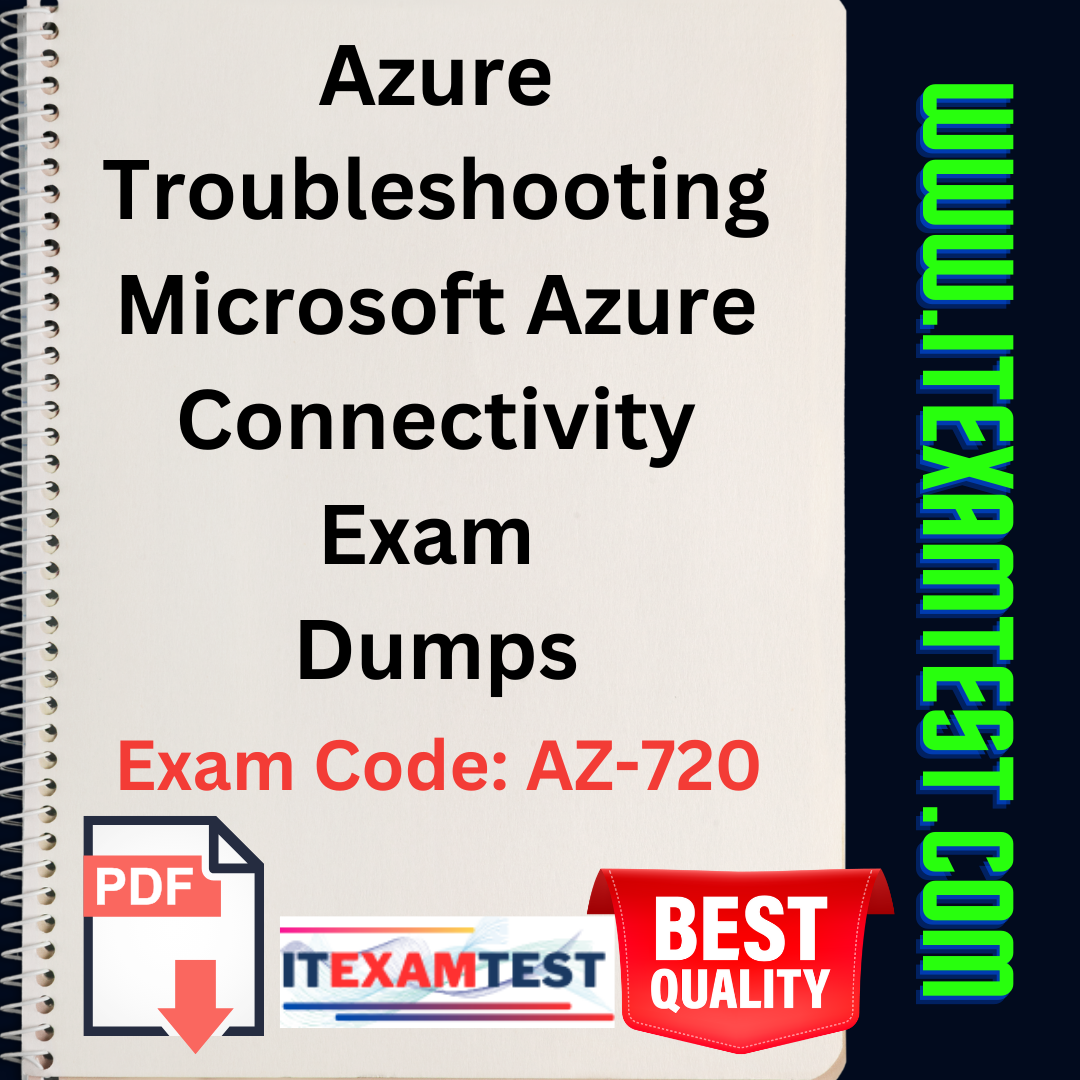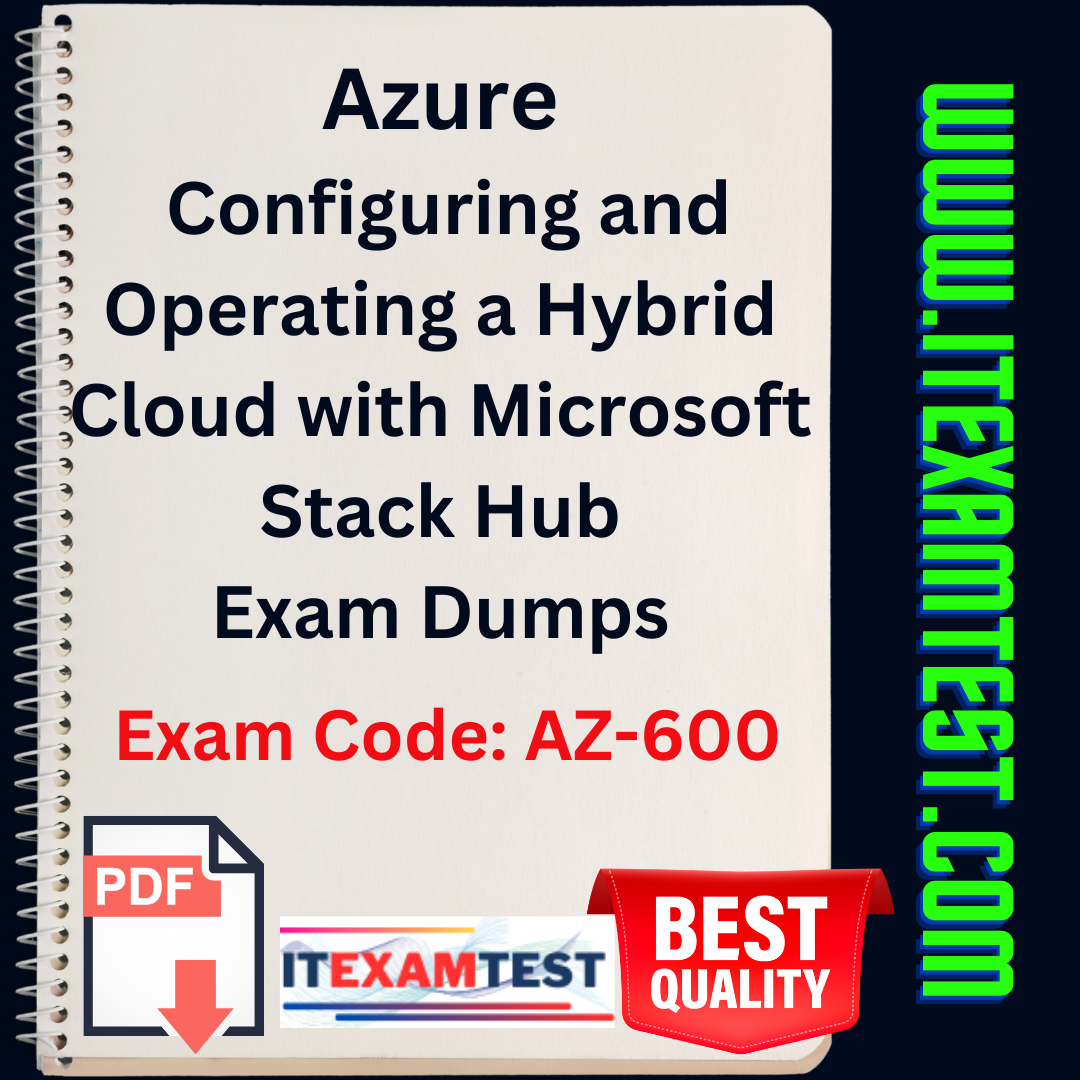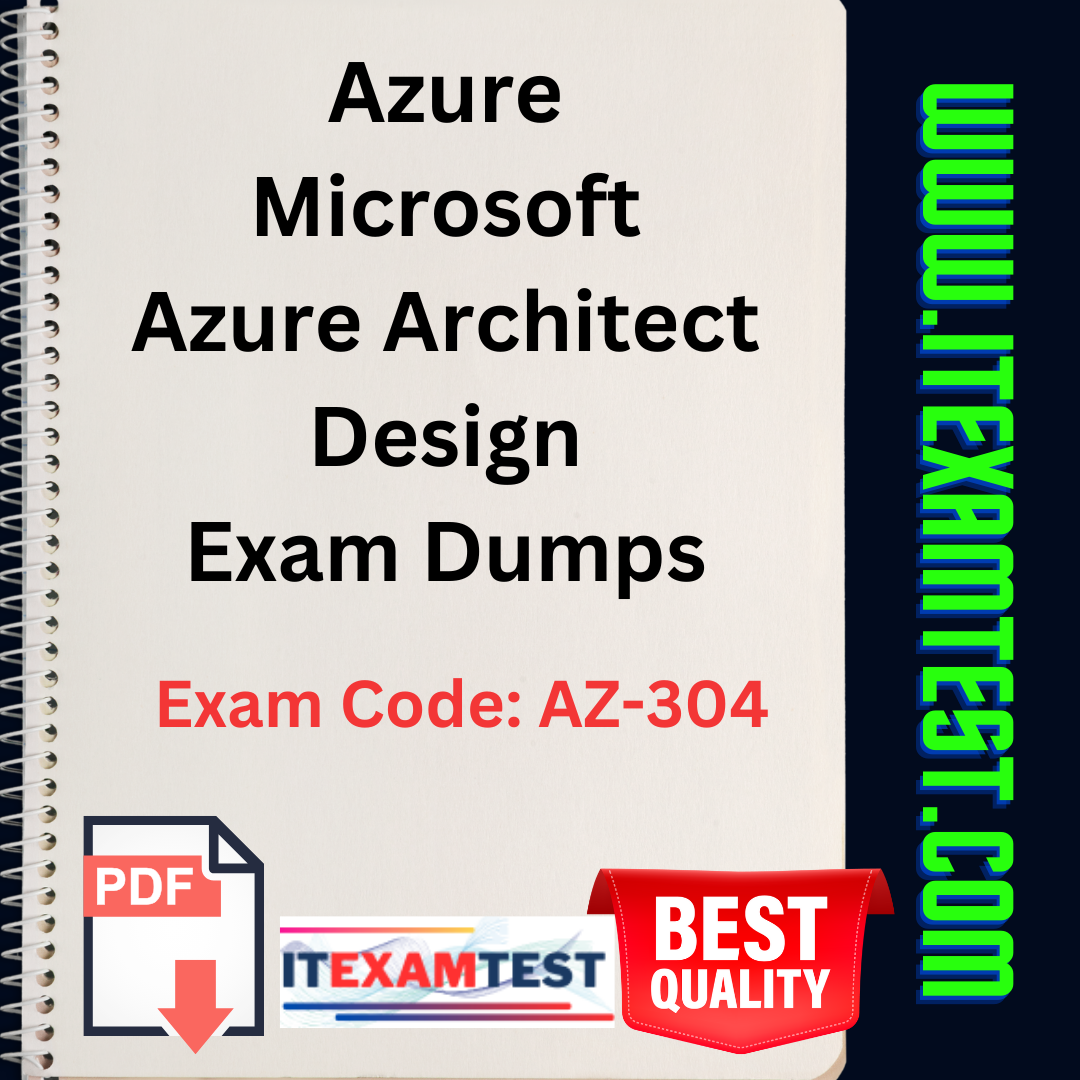
Instant Download

After Sale Support
- Exam Title: Azure Troubleshooting Microsoft Azure Connectivity Exam
- Certification Name: Azure
- Exam Code: AZ-720
- Total Questions: 119
Rs8,472.03 Original price was: Rs8,472.03.Rs855.76Current price is: Rs855.76.
AZ-720

Instant Download

After Sale Support

Limited Time Offer
- Exam Title: Azure Troubleshooting Microsoft Azure Connectivity Exam
- Certification Name: Azure
- Exam Code: AZ-720
- Total Questions: 119
Rs8,472.03 Original price was: Rs8,472.03.Rs855.76Current price is: Rs855.76.
Description
The AZ-720 Smart Home Hub is an innovative device designed to streamline your home automation experience. With its sleek and modern design, the AZ-720 allows you to control all your smart devices from a single platform, providing unparalleled convenience and efficiency. Featuring advanced compatibility with a wide range of smart gadgets, including lights, thermostats, and security systems, the AZ-720 empowers you to create personalized routines and automate daily tasks. Enjoy seamless connectivity, voice command integration, and real-time monitoring of your home environment, all while using an intuitive mobile app or voice assistants. Transform your living space into a fully integrated smart home with the AZ-720.
Q & A
| 5 star | 88 | 88% |
| 4 star | 12 | 12% |
| 3 star | 0% | |
| 2 star | 0% | |
| 1 star | 0% |
Sorry, no reviews match your current selections







Very useful.
Useful for training.
It is much appreciated. You guys are doing an awesome job by providing these questions. It helped me a lot with my exam. Please keep up the good work.
Many many questions were in the real exam. This is valid dumps in US.
Passed this exam. Valid exam dumps.